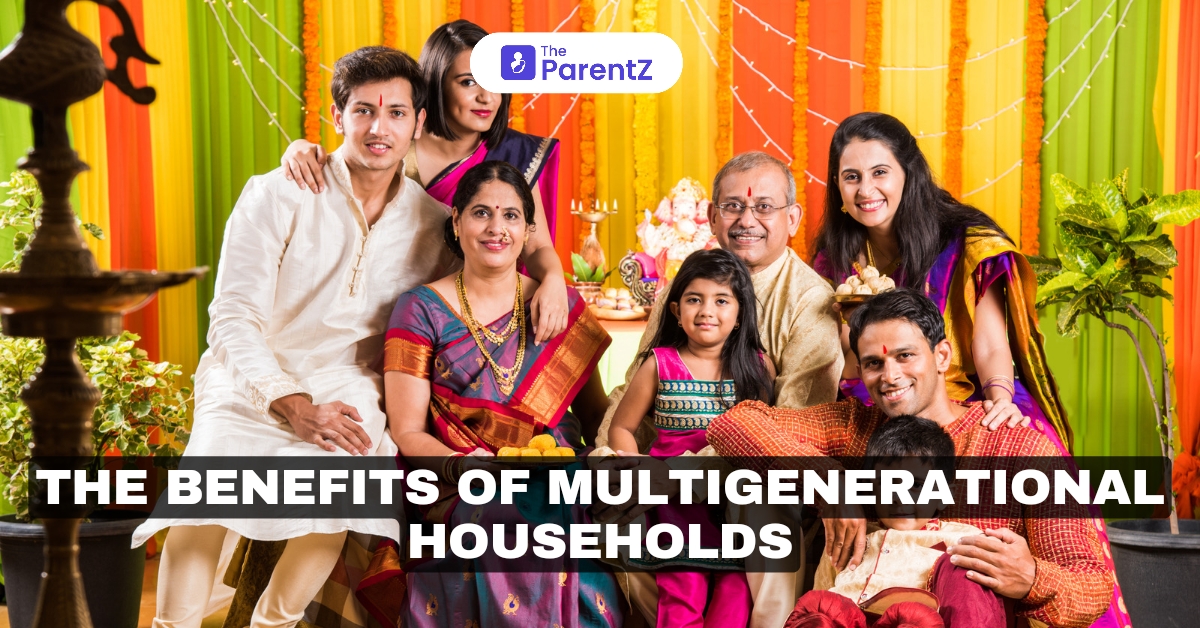Multigenerational households, where more than two generations live under one roof, are on the rise worldwide. Whether driven by economic necessity, cultural traditions, or a desire for closer family ties, these households offer unique advantages. In this article, we will explore the benefits of multigenerational living, its impact on family dynamics, and how this lifestyle can strengthen familial bonds while offering practical advantages.
A Growing Trend
In many parts of the world, multigenerational living is not a new concept. Cultures in Asia, Africa, and Latin America have long embraced this family structure, where grandparents, parents, and children cohabit. In Western countries, multigenerational homes have become more common in recent years, driven by the rising cost of living, aging populations, and the desire for families to stay connected in an increasingly individualistic society.
Benefits of Multigenerational Households
- Emotional Support and Stronger Family Bonds: Living together as an extended family fosters close relationships between generations. Grandparents can pass down family traditions, values, and stories, creating a sense of continuity and belonging. Children also benefit from the emotional support and wisdom of their grandparents, while parents may feel less overwhelmed knowing they have help close by.
- Shared Responsibilities: One of the most practical benefits of multigenerational households is the ability to share responsibilities. Tasks such as cooking, cleaning, and child-rearing can be divided among family members, reducing the burden on any single individual. This arrangement is particularly beneficial for working parents, who can rely on grandparents to help with childcare or household chores.
- Financial Savings: Multigenerational households often provide significant financial savings. By living together, families can pool resources, share housing costs, and save on childcare, healthcare, and elder care expenses. This financial support can be crucial in high-cost urban areas or during times of economic uncertainty.
- Increased Security and Stability: For both children and the elderly, multigenerational households offer a sense of security. Children grow up with a strong support network, and elderly family members can age in place with the comfort of knowing they are cared for by loved ones. This arrangement also allows for better emergency preparedness, as multiple generations can look after one another during crises.
Multigenerational Living and Cultural Values
- Preserving Cultural Traditions: In many cultures, multigenerational households play a crucial role in preserving cultural values and practices. Grandparents can pass down languages, customs, and religious practices, ensuring that younger generations remain connected to their heritage. These intergenerational exchanges foster a deep sense of identity and pride in one’s cultural background.
- Teaching Empathy and Cooperation: Growing up in a multigenerational home teaches children important life skills such as empathy, patience, and cooperation. Children learn to navigate the needs and preferences of different age groups, fostering respect for both elders and peers.
Challenges of Multigenerational Households
While multigenerational living offers many benefits, it also comes with its challenges. Conflicts may arise due to differences in parenting styles, privacy concerns, or generational values. Effective communication, clear boundaries, and mutual respect are key to maintaining harmony in such households.
- Privacy Concerns: One common issue in multigenerational homes is the lack of privacy. Families may need to find creative ways to ensure that everyone has their own space, whether through designated quiet times or separate living areas within the home.
- Generational Conflicts: Differences in values, beliefs, and lifestyles can lead to misunderstandings or tension between generations. Open communication and a willingness to compromise are essential in addressing these conflicts and maintaining a peaceful household.
Conclusion
Multigenerational households provide numerous benefits, from emotional and financial support to cultural preservation and stronger family bonds. While the challenges of living with multiple generations under one roof should not be underestimated, the advantages far outweigh the drawbacks. With thoughtful communication, shared responsibilities, and respect for privacy, multigenerational living can create a nurturing and supportive environment for all family members.





Be the first one to comment on this story.